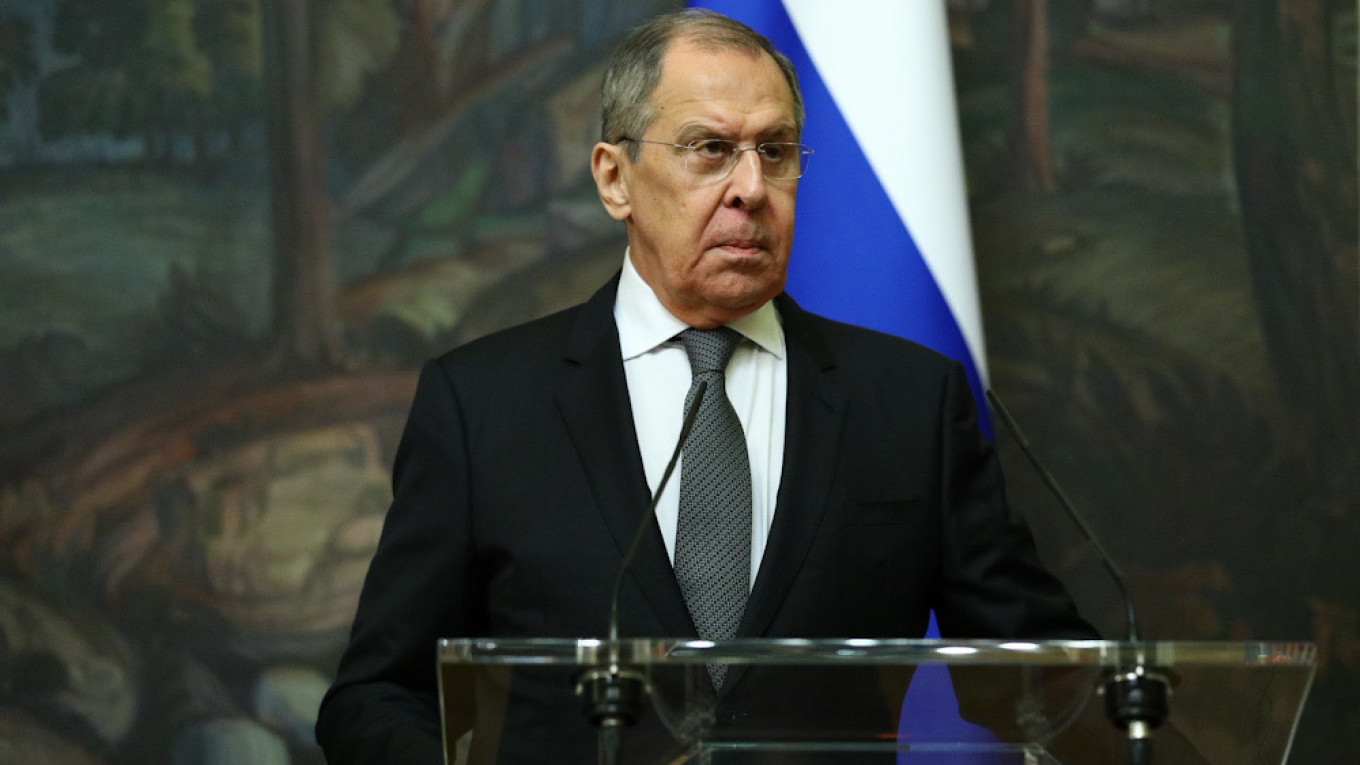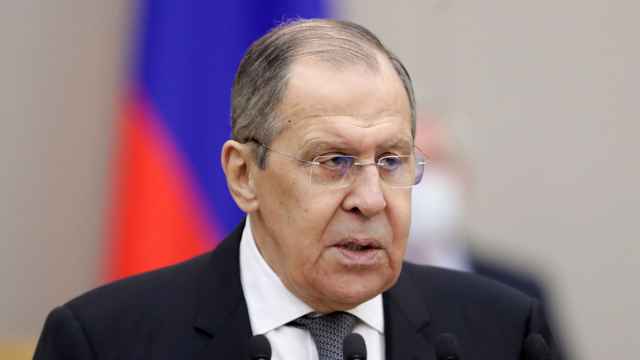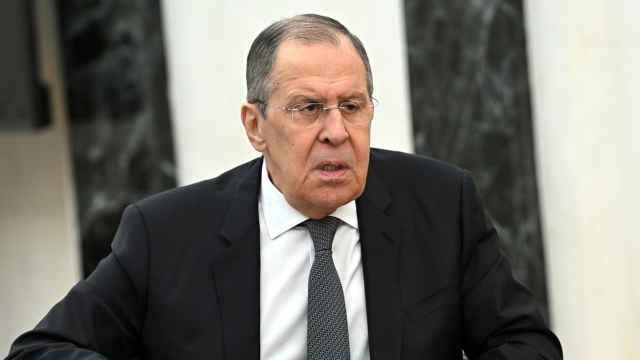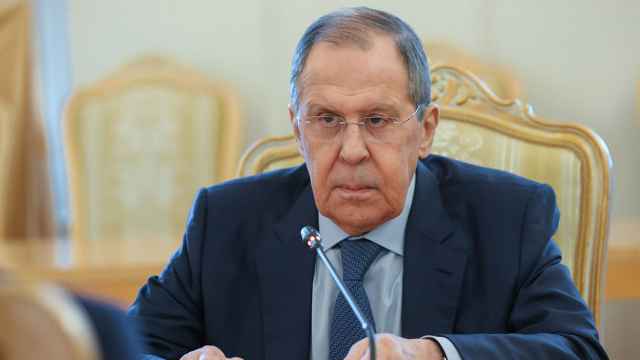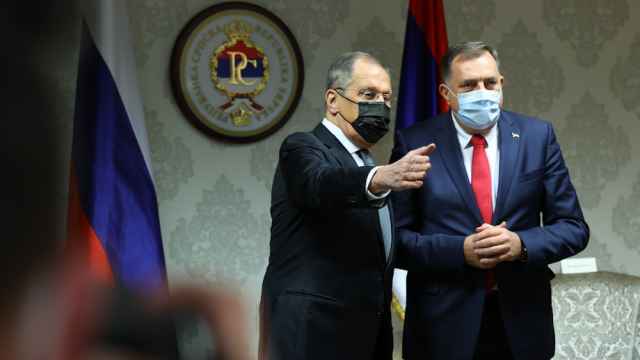Russian Foreign Minister Sergei Lavrov on Tuesday said the discovery of bodies in the Ukrainian town of Bucha was a "provocation" aimed at scuppering talks between Moscow and Kyiv.
"A question arises: What purpose does this blatantly untruthful provocation serve? We are led to believe it is to find a pretext to torpedo the ongoing negotiations," Lavrov said in a video message broadcast on Russian television.
Talks between Russia and Ukraine have continued after their top diplomats met in the Turkish resort of Antalya last month, the first such gathering since the start of Moscow's military operation on Feb. 24.
Russia last week announced it would drastically reduce its military activities in northern Ukraine following a meeting in Istanbul.
Ukraine has proposed an international agreement with other countries guaranteeing its security in return for accepting a neutral and non-nuclear status, not joining NATO and refusing to host foreign military bases.
According to the Ukrainian proposal, Russia would not oppose Kyiv's admission to the European Union.
Lavrov said the situation in Bucha aims to "distract attention from the negotiation process, distract attention from the fact that the Ukrainian party, after Istanbul, has started to row back, tried to put forward new conditions."
But he added that Russia was "ready" to continue the talks.
Ukrainian President Volodymyr Zelensky has accused Russian troops of killing civilians in Bucha, after images emerged of bodies strewn across the streets following Russia's withdrawal.
But the Kremlin has denied any responsibility and suggested the images of corpses were staged.
Russia has not officially responded to Ukraine's security propositions and negotiations continue by videoconference.
A Message from The Moscow Times:
Dear readers,
We are facing unprecedented challenges. Russia's Prosecutor General's Office has designated The Moscow Times as an "undesirable" organization, criminalizing our work and putting our staff at risk of prosecution. This follows our earlier unjust labeling as a "foreign agent."
These actions are direct attempts to silence independent journalism in Russia. The authorities claim our work "discredits the decisions of the Russian leadership." We see things differently: we strive to provide accurate, unbiased reporting on Russia.
We, the journalists of The Moscow Times, refuse to be silenced. But to continue our work, we need your help.
Your support, no matter how small, makes a world of difference. If you can, please support us monthly starting from just $2. It's quick to set up, and every contribution makes a significant impact.
By supporting The Moscow Times, you're defending open, independent journalism in the face of repression. Thank you for standing with us.
Remind me later.


